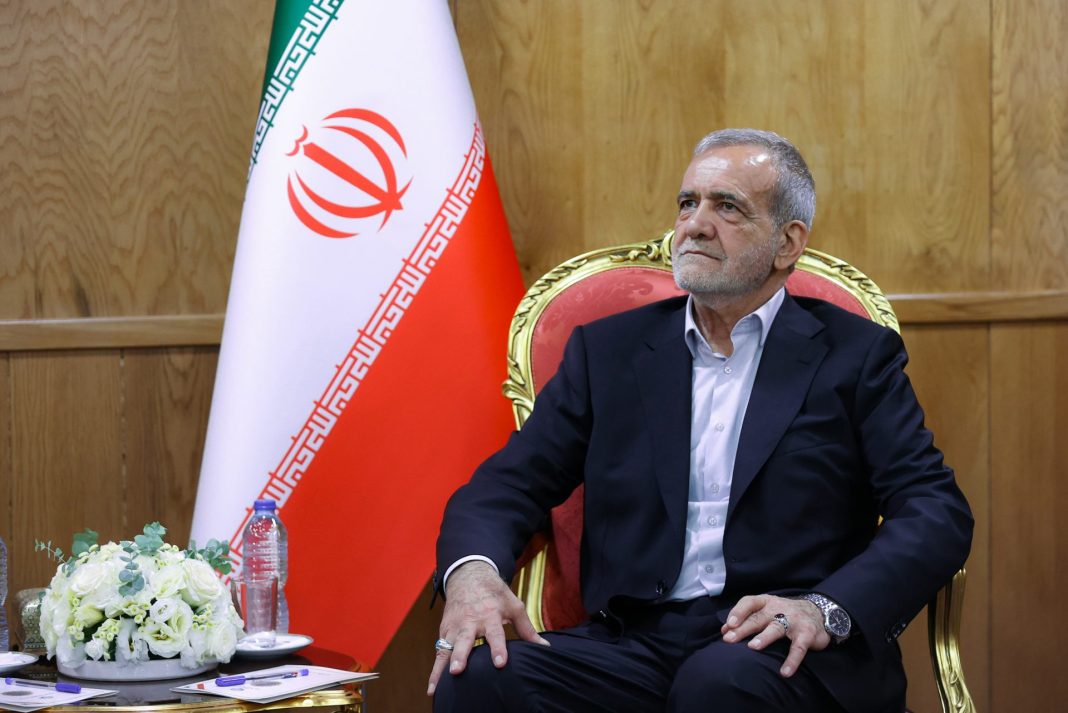In an interview with Borna news agency, Majid Ansari expressed hope that the necessary groundwork would be laid to remove obstacles related to FATF compliance.
He noted that Iran has joined two out of the four FATF conventions, with the Palermo and CFT conventions still pending review by the Expediency Council.
The Iranian vice president emphasized that expert evaluations are ongoing by relevant authorities, and he is optimistic about achieving positive outcomes.
Iran has been on the FATF’s “grey list” since 2016 due to concerns about its “inadequate anti-money laundering (AML) and counter-terrorist financing (CFT) measures”, which has caused financial restrictions on the country.
Last month, Iranian Minister of Economy and Finance Abdolnasser Hemmati stated that his ministry is responsible for organizational follow-up on FATF, adding they are pursuing this matter based on the president’s guidelines.
Hemmati said the president has ordered the necessary actions to lift restrictions and suspend FATF’s countermeasures within the framework of national interests, while also addressing domestic concerns on joining the task force.
Iran’s relationship with the FATF has been complex and politically sensitive due to internal and external pressures.
Many politicians in Iran believe that adopting FATF standards will hand over a considerable part of the country’s financial system to the West.
In his first press conference, President Pezeshkian stressed that Iran has no choice but to join the task force.
